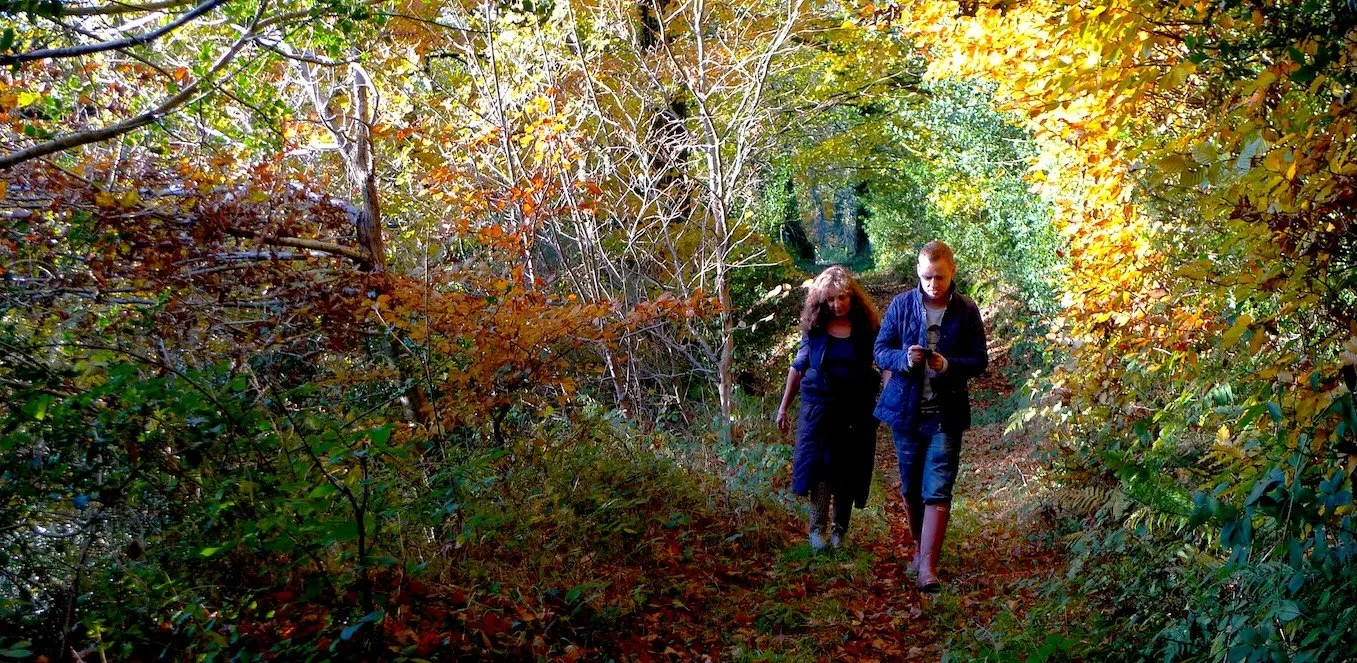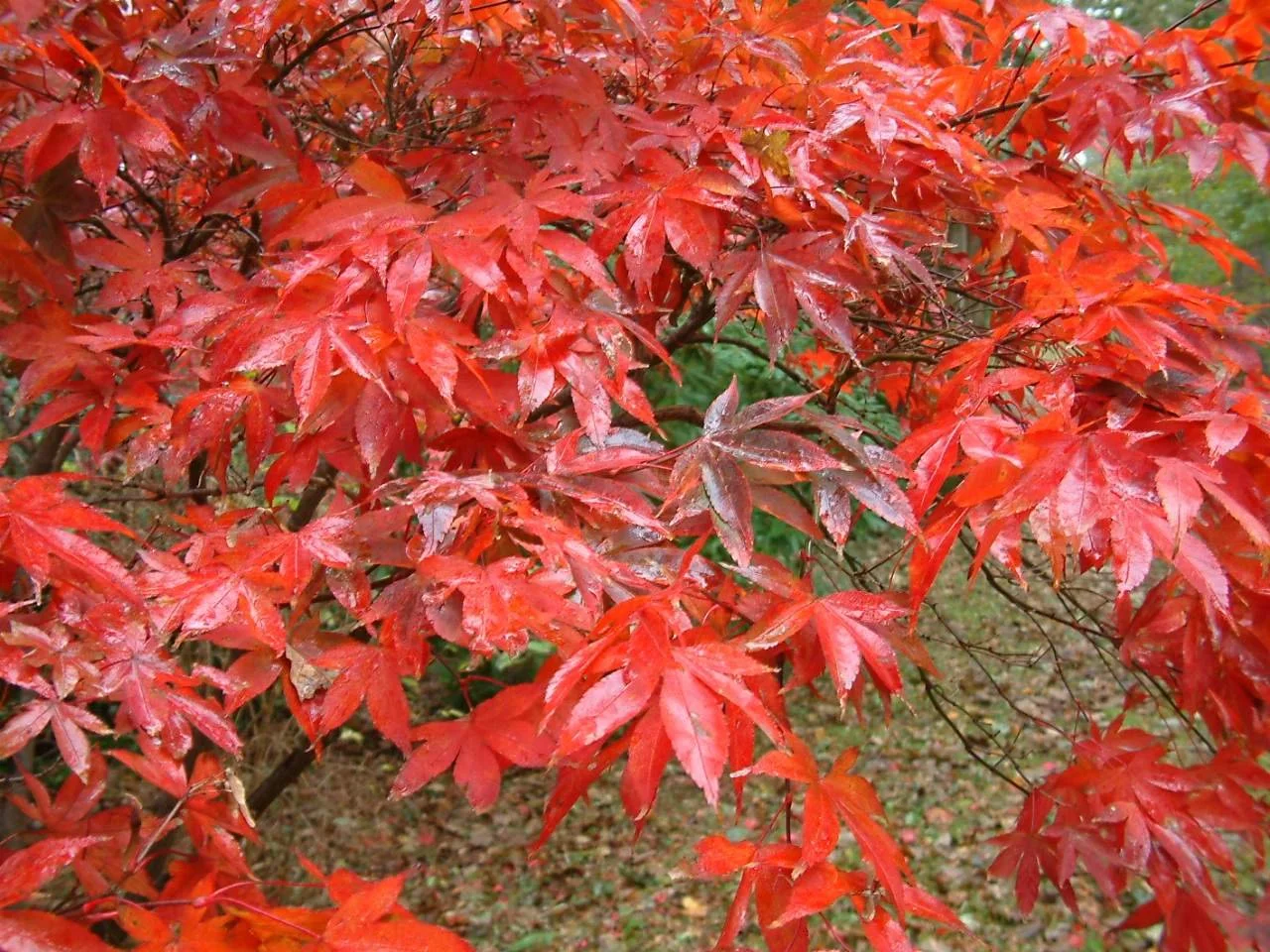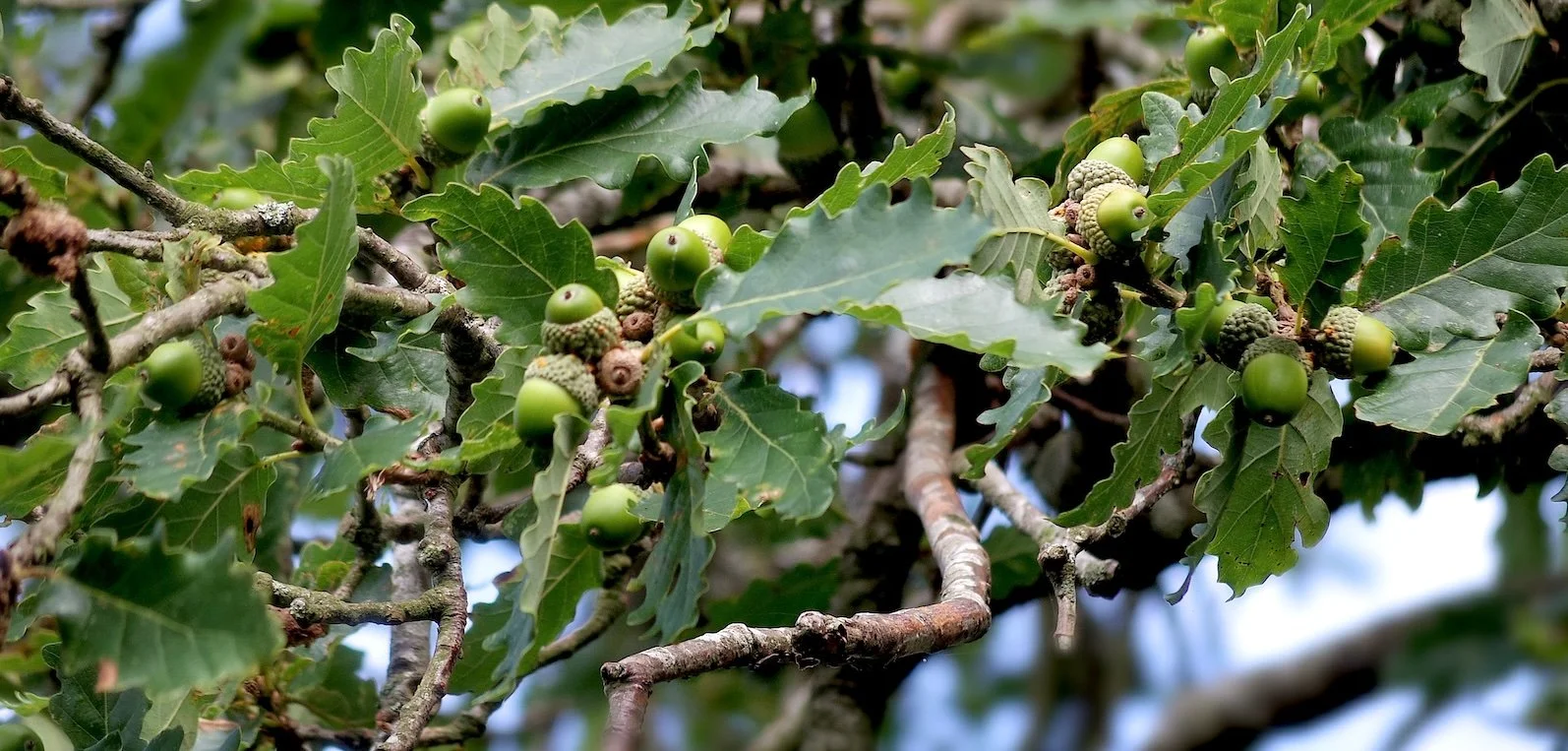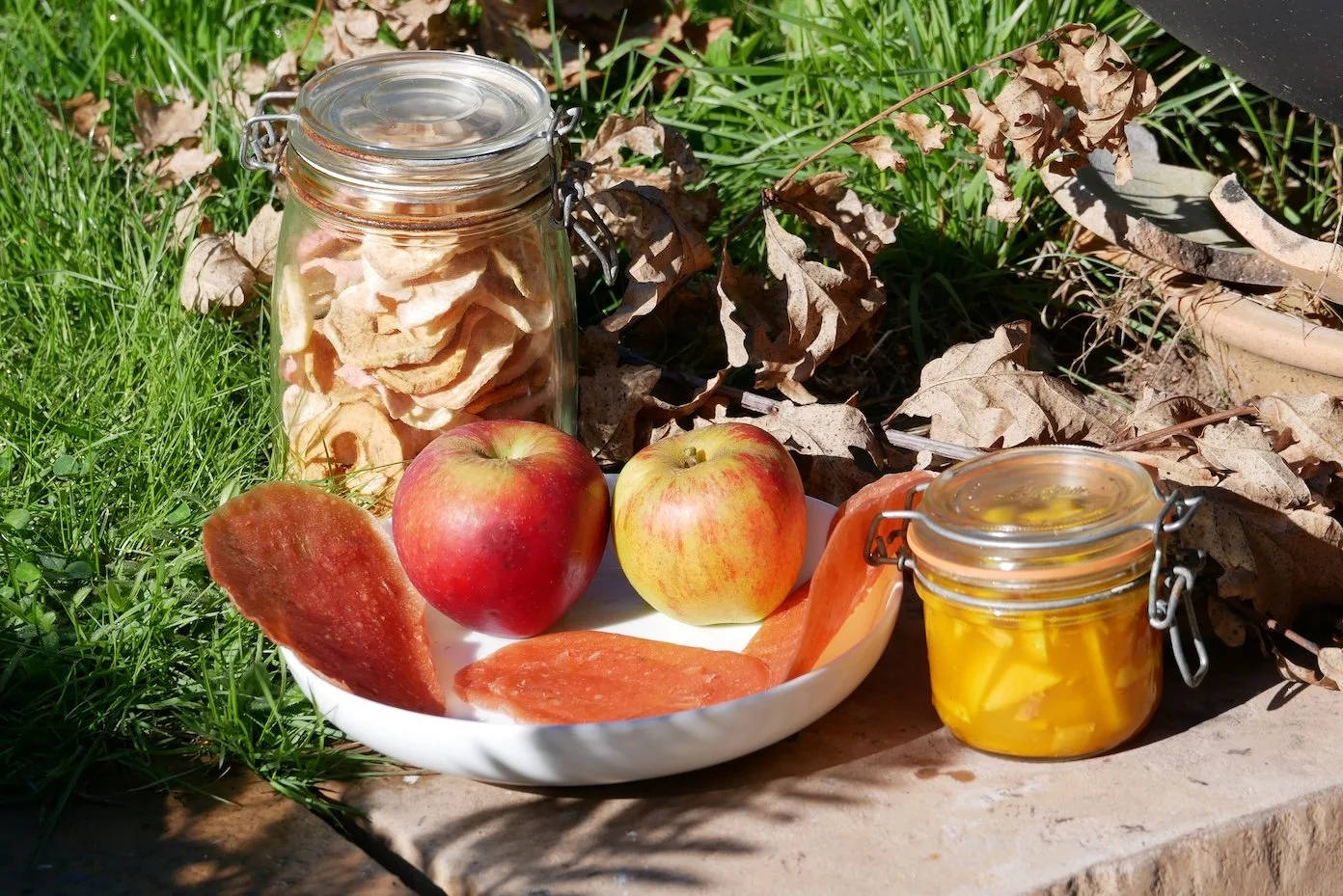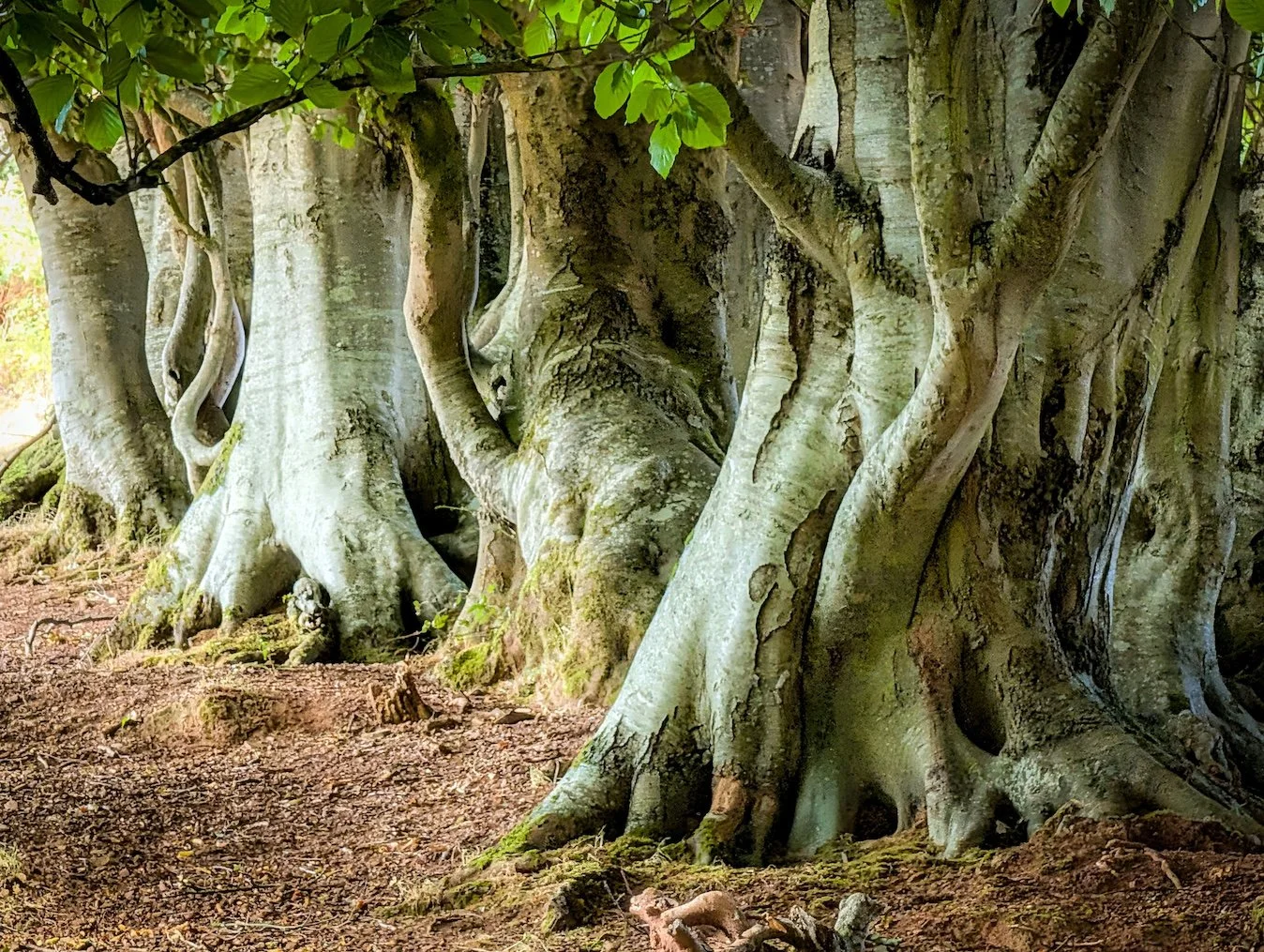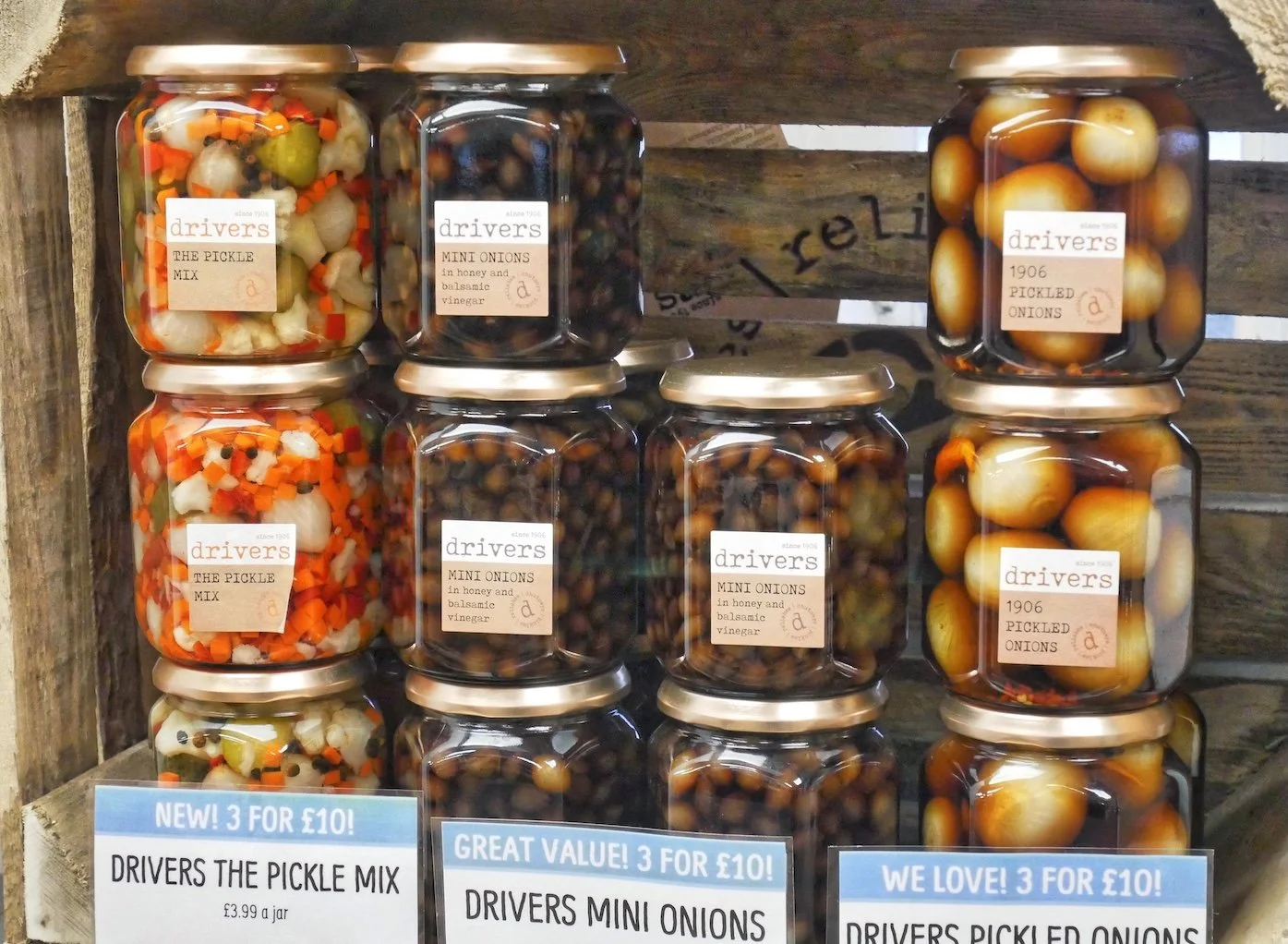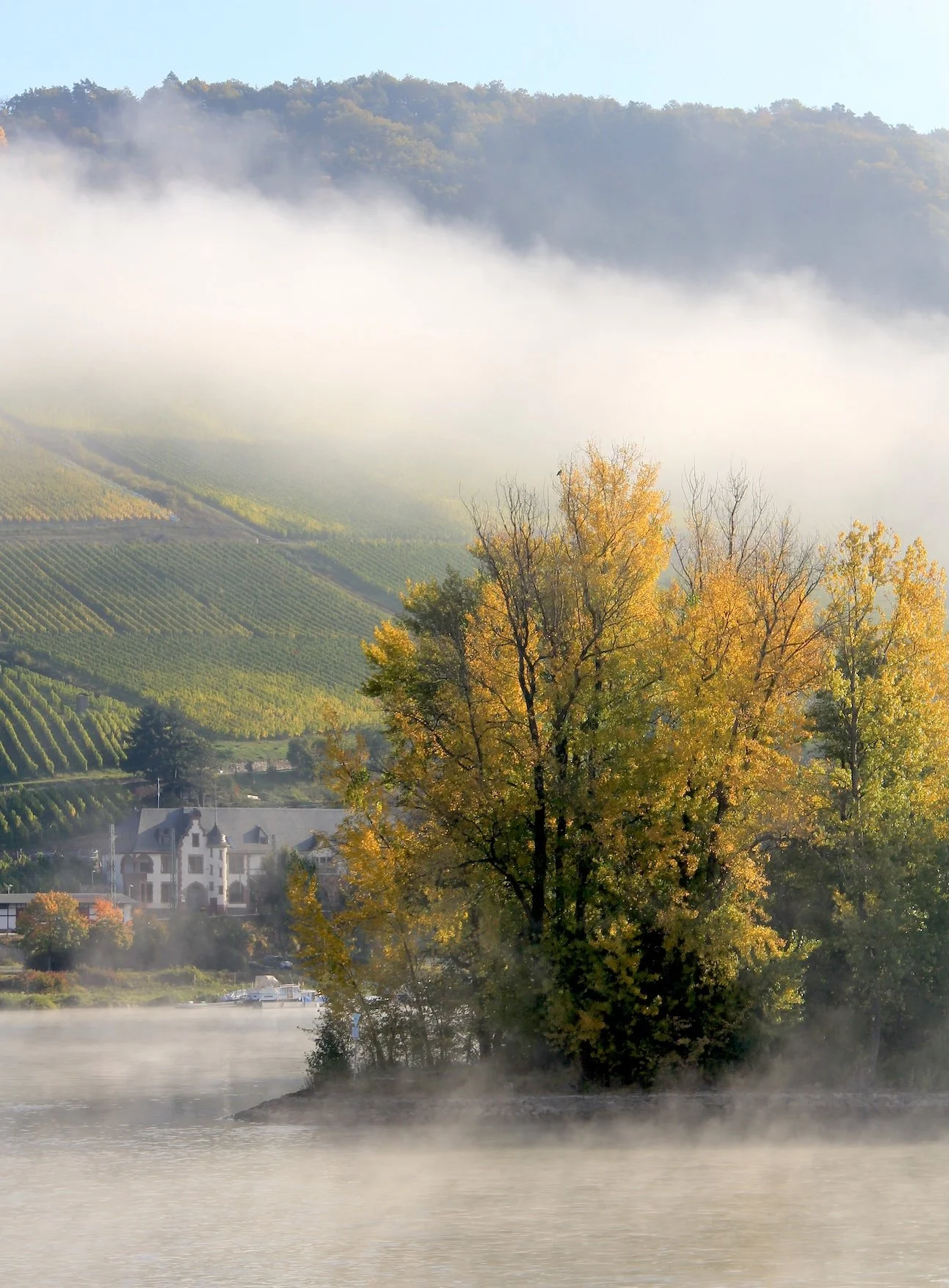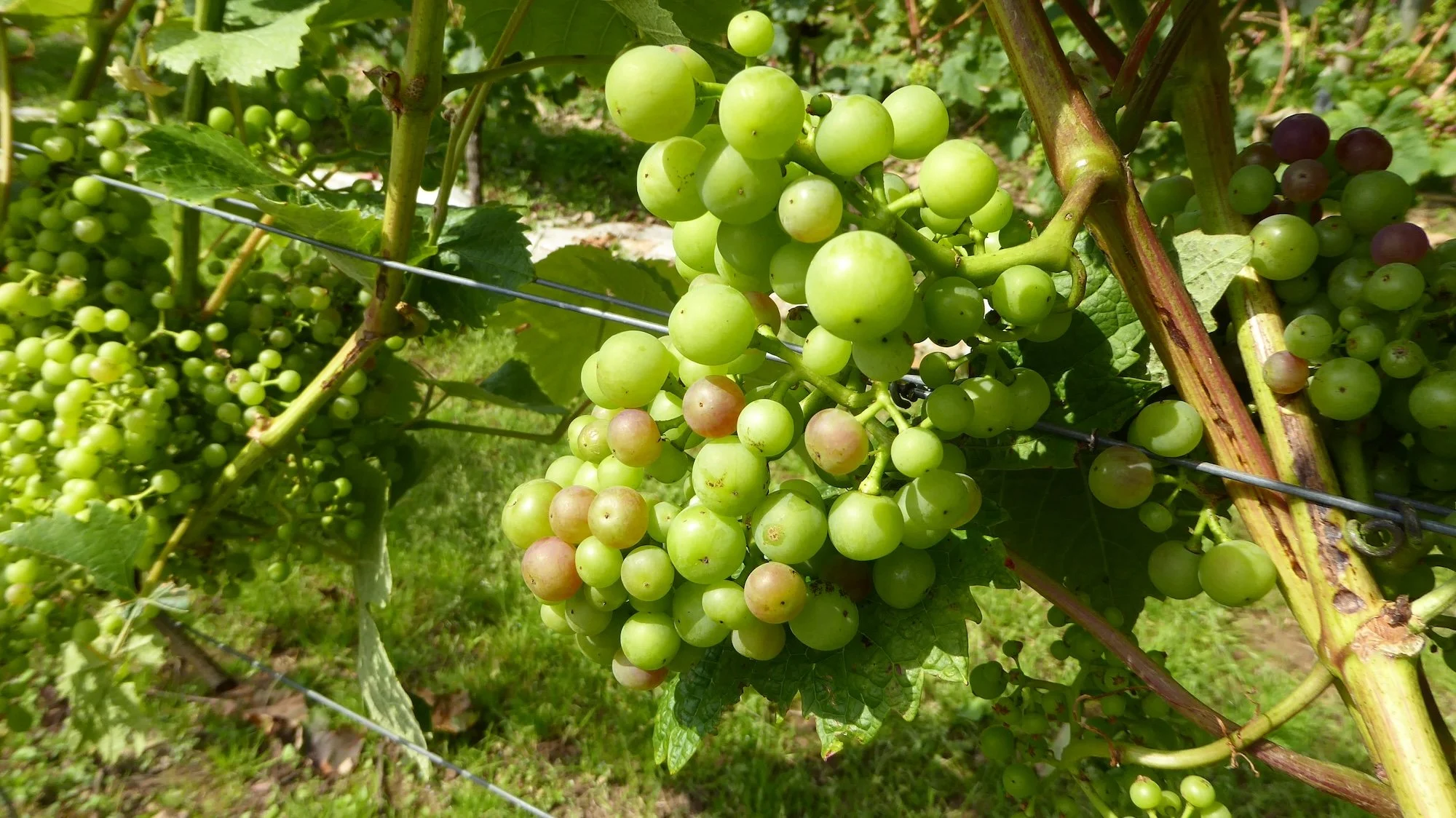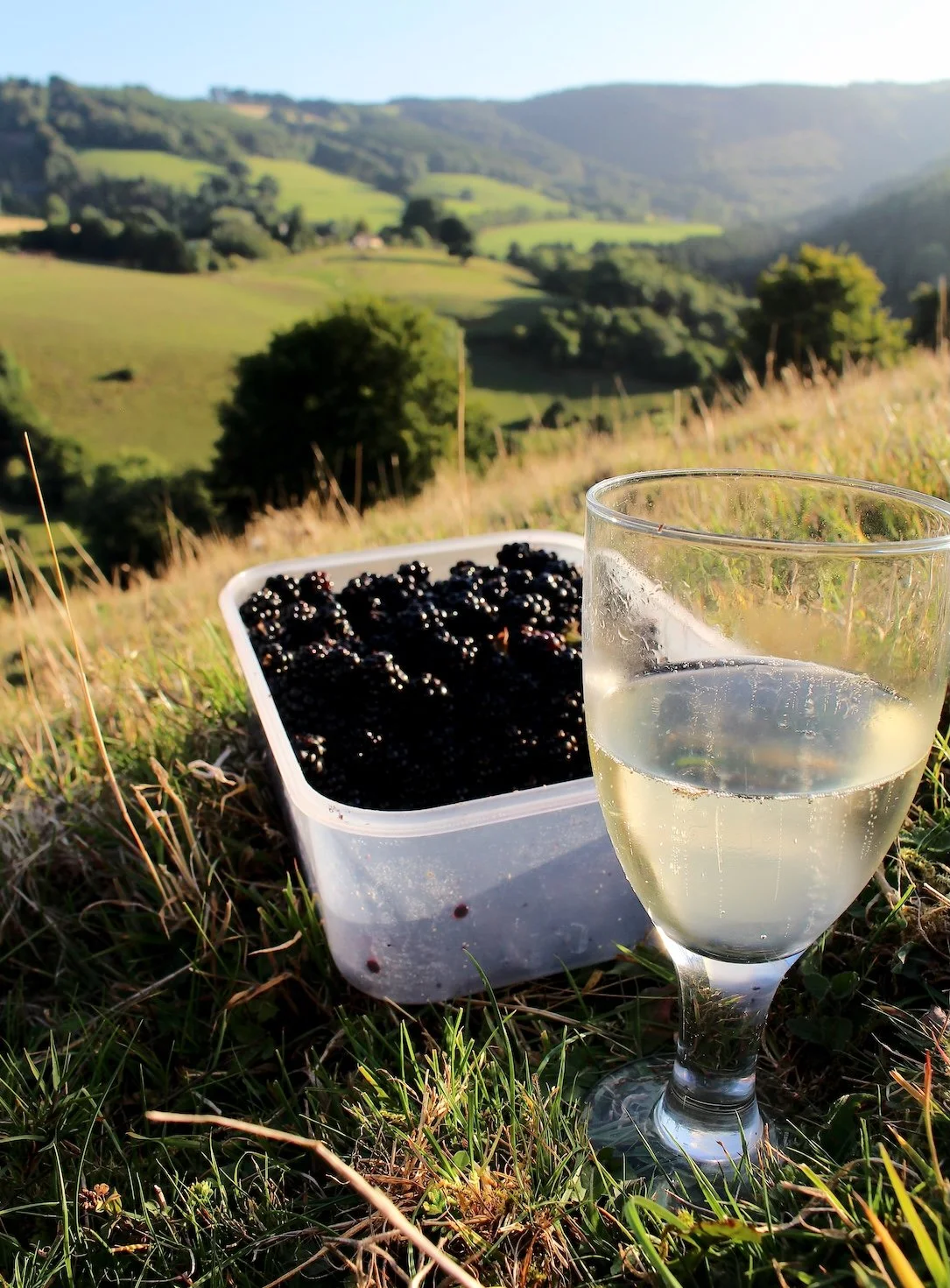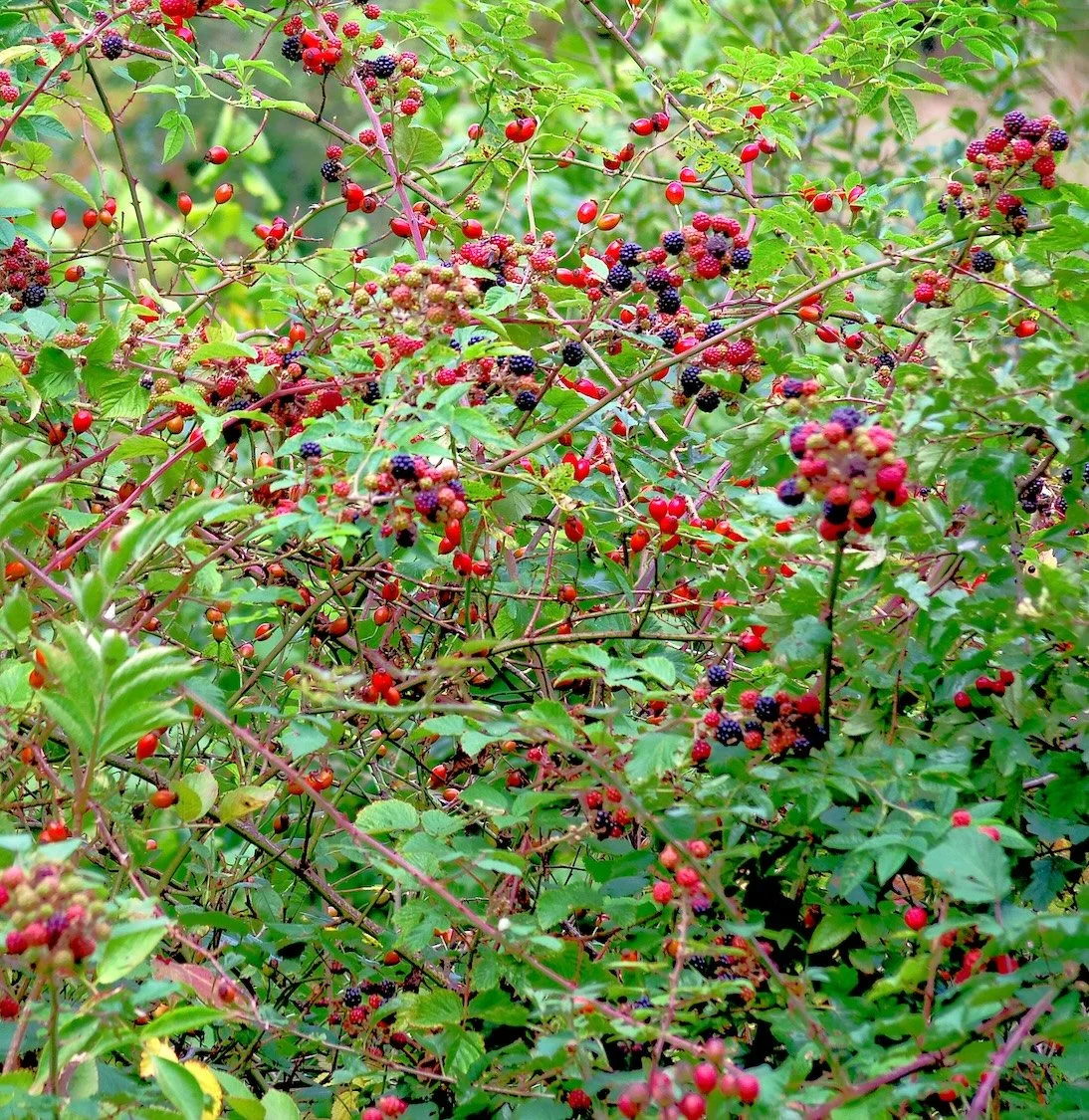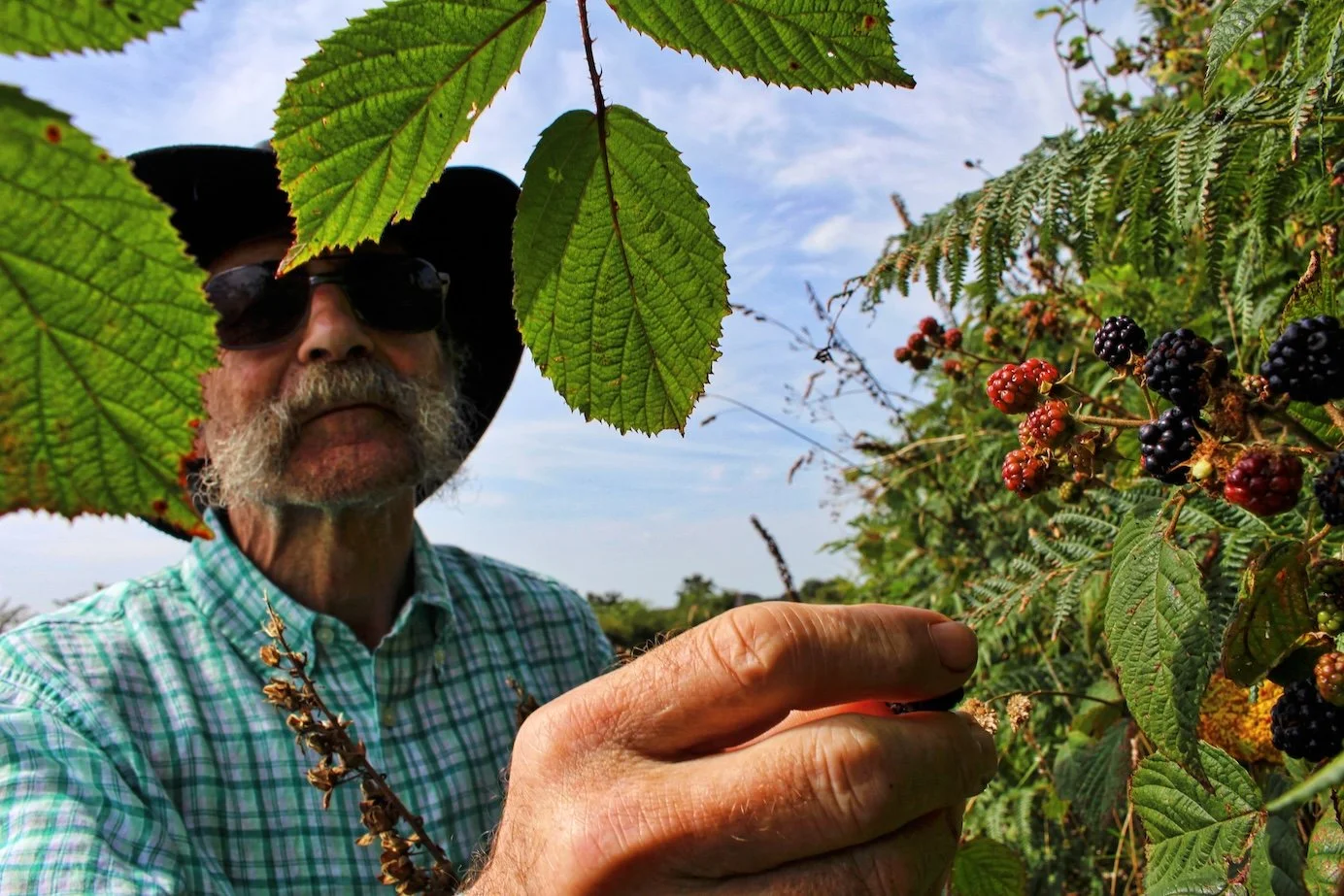End of Summer - The Season of Fruitfulness
End of Summer - Autumn in the Air
Most years since the turn of the century, my newspaper column has found itself tumbling into that mellow period which marks the end of summer, and declaring: “Autumn is in the air!” as if it’s been some totally new and unexpected sensation.
Somerset sloes
Which is odd… I hardly ever write newspaper articles which herald the arrival of winter or summer. Once or twice I have written about the first hints and glories of spring, but there’s something about the end of summer and the coming of autumn which seems to reach the parts other seasons fail to awaken.
Why Autumn Feels Different
I wonder why this particular corner of the calendar seems to mean so much? Perhaps I am alone or unusual in noticing it to such a degree - so I’d be interested to hear if readers agree that autumn is a mental and spiritual game-changer.
Of course, it’s easy to cook up some half-baked theory… My belief is that we northern Europeans are hard-wired to feel a sense of excitement and urgency when nature’s harvests are at their peak. Our inner time-clocks know a long hard winter is ahead and some inherited memory tells some of us that we’d better belt around trying to collect and conserve as much as we can.
Instincts of the Season
Squirrels do it, so why shouldn’t we? If a tiny creature with a brain the size of a pea can know that it’s time to gather nuts and store them away for the hard times ahead, is it really out of the question that we highly motivated and complex humans should have failed to evolve a similar kind of autopilot?
Gather all you can and squirrel as much as possible away! It must have been a clarion call which the instincts of homo-sapiens relied upon for thousands of years. Why else would modern people like me feel some inner urge to start gathering fruits, berries and fungi and start pickling, bottling, drying and practicing other forms of food preservation when the cooler evenings descend?
Autumn Traditions and Preservation
I realise a lot of people don’t have this domestic drive, but I do - and I know quite a few others who feel it as well.
Not that anyone has ever told us this is a vital, do-or-die, thing to be doing. We may have read about it or learned that certain peoples and societies did it in earnest in times gone by, but it’s not as if we modern Brits were ever tied to our mothers’ apron strings with the mantra: “Pick and preserve! Hoard and hide! Gather the goodness while you can!” ringing in our ears.
For me the natural body-clock phenomenon is a thing of joy. It means that somehow we are deeply in touch with nature, which must be a good thing. And perhaps there is something inside a grumpy old countryman like me which almost celebrates the idea of hunkering down and semi-hibernating.
The Joy of Cosiness
How can a city-dweller living in a block of flats ever experience the unbelievably satisfying sense of cosiness which comes of lighting that first-log-fire-of-the-season as wind and rain beat upon the windows?
As autumn really gets underway you can embrace the word “snug” as you pull the duvet up under your chin on a wild night, imagining the raging Atlantic waves exploding over sea-cliffs just a few miles to the west.
Exmoor’s beech trees give the feeling of cosiness
You lie there in the dark thinking how lucky you are to be so wonderfully comfortable - and how fortunate you are to be able to work from home at your desk in the morning when other poor blighters will be up telegraph poles fixing wires that have been blown down, or herding cattle on some god-forsaken heath, or setting out into the maelstrom in their fishing boats.
Autumn Foods and Comforts
You begin to dream of comforting soups and stews and other warming edible delights which make the dark half of the year so much more survivable and pleasant.
You stock your pantry with the pulses you harvest, the mushrooms you pick and dry and with the orchard fruit you’ve gathered from the garden. Then there’s the sloe gin and other liquid delights you’ll be macerating until the December festivities.
Living in the Moment
At this point I can hear a few sun-worshippers groan: “What’s this old geezer on about? He’s already looking forward to Christmas!”
But, no, I’m not. This is very much about living in the moment - taking the time to rejoice in those hardly perceptible creaks and groans as the Earth turns slowly on its axis and you can almost feel one season changing into another.
End of summer mists on the Rhine
Autumn Senses in the Countryside
It’s about stopping for a moment as you pick the last of the blackberries because you catch the season’s first whiff of firewood-smoke. It’s about seeing the sudden blaze of gold as a beech tree’s slowly reddening leaves catch the last light of a warm evening sun.
It’s about coming home over the ridge after a long afternoon’s walk, listening to the mewing of this year’s brood of buzzards flying high above, and seeing wisps of mist gathering like a phantom sea across the lowlands beyond.
Summer turning into autumn acts like a tsunami on our sensory faculties. In the countryside you can see it, hear it, smell it - and you can feel it on your skin as cooling zephyrs from the north waft up from the sea.
This brief period of change is the season of the senses.
Cornish grapes
Blackberry Harvest on Exmoor
Some things are worth waiting for. A couple of weeks ago I mentioned people were already picking blackberries down on the sheltered coastal plain of West Somerset. Now Exmoor’s north facing valleys are getting their share and they are the biggest juiciest blackberries I have ever seen.
There are reckoned to be no fewer than 41 different species of bramble growing wild in the UK - and there seems to be a difference in opinion as to whether there is one true blackberry with many aberrant forms, or many distinct types.
The Bramble’s Ancient Roots
The name of the wicked, barbed and evil mother bush is derived from brambel, or brymbyl - signifying prickly. Brambles were first recorded in ancient Greece where blackberries were considered a remedy for gout.
The fruit has plenty of history in these islands - in some parts of England the blackberry was known as scaldhead, though the reasons why the name came about are pretty diverse.
Blackberry Folklore and Remedies
It could be to do with indigestible over-ripe berries causing a condition that used to be called scaldhead in children who ate too many. Or it could be derived from the curative effects that the leaves and berries have in treating this malady. It may even have come from the fact that the leaves were once applied to relieve scalds.
In Cornwall long ago crawling under a bramble-bush was thought to cause protection against all sorts of skin problems from boils to blackheads.
From Remedies to Recipes
However, I much prefer thinking about more pleasing things to do with blackberries than worrying about what they may or may not cure. Jam-making must be top of the list - a good blackberry conserve will bring scented memories of late summer fields and hedges throughout the winter months.
Blackberry and apple crumble is always a favourite, but my grandmother, who was a Somerset baker's daughter, used to treat us with the ultimate in 'comfort-food' puddings after she'd been out among the hedgerows at this time of year.
A Somerset Blackberry Pudding
It was basically a Yorkshire pudding filled to the brim, spotted dick-style, with blackberries, dusted with castor sugar and eaten with clotted cream or ice cream.
Bring the taste of Exmoor’s hedgerows into your kitchen with this old-fashioned, comforting pudding.
Ingredients
100g plain flour
2 large eggs
300ml milk
Pinch of salt
2 tbsp butter or beef dripping
200g fresh blackberries (washed and drained)
2 tbsp caster sugar (plus extra for dusting)
Clotted cream or vanilla ice cream, to serve
Method
Preheat your oven to 220°C (200°C fan) / 425°F / Gas 7.
Place the butter or dripping in a deep ovenproof dish and heat until sizzling hot.
Meanwhile, whisk together the flour, eggs, milk, and salt to make a smooth batter.
Carefully pour the batter into the hot dish and immediately scatter the blackberries over the top.
Bake for 20–25 minutes until the pudding is well risen and golden.
Sprinkle with caster sugar while hot and serve with clotted cream or ice cream.
Serving Tip
Best enjoyed warm from the oven on an autumn evening, when the hedgerows are heavy with fruit.
blackberry pudding and cream




